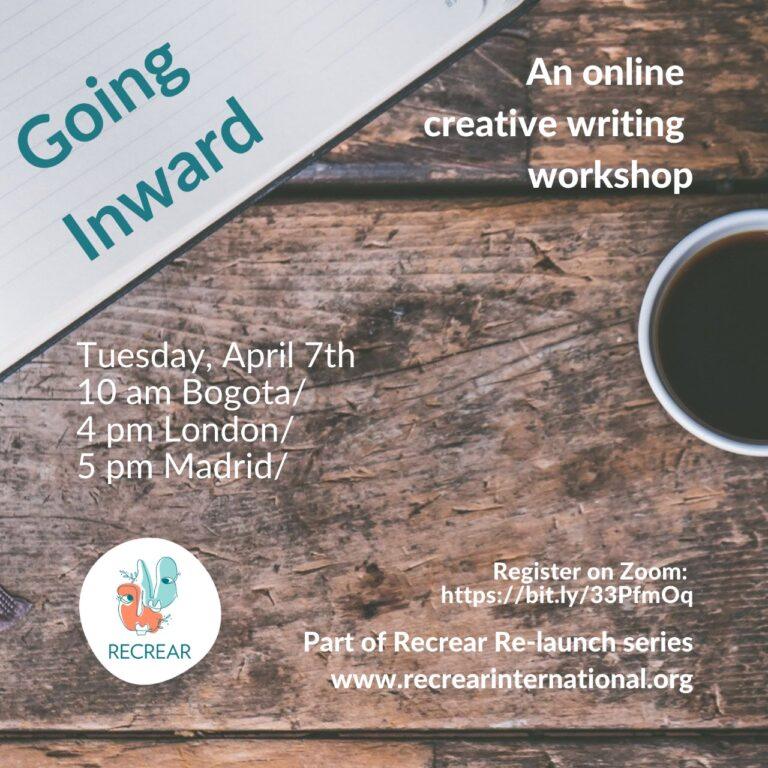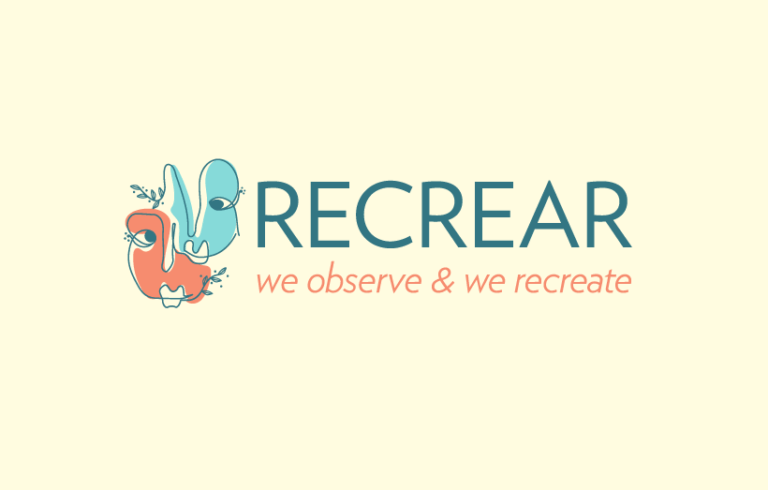After weeks of late-night Skype meetings with the project team, reading travel books and articles about Cuba, and jumping through lots of bureaucratic hoops, the Recrear project team finally landed in sultry La Habana at 3 am on a Saturday night and was greeted by Handy himself. As we drove through the quiet darkness along a well-paved highway, we were struck by the tranquility of the scene- not a single billboard advertisement or neon light in sight, as Gioel aptly pointed out. We felt as if we had stepped back in time, seeing only old cars from the 1950s chugging along the smooth pavement as silhouetted palms sleepily swayed in greeting.
Our destination was Handy’s family’s apartment in Cojímar, a small fishing town made famous by Ernest Hemingway and said to be the inspiration for the classic The Old Man and the Sea. Located in the Eastern part of La Habana area, this cozy spot was to be our home base for the majority of our stay in Cuba. Despite our 4 am arrival, we were warmly greeted with fresh mango juice and a hug from Handy’s mother, stepfather, and two sisters, as well as Handy’s lovely wife, Cecilia (below). 
After a quick nap, we wasted no time in getting immersed in Cuban culture—only a few hours later we were participating in day two of the “Youth Adaptation Lab” workshop that Handy and a Haitian colleague, Pierre, were facilitating for 12 young Cuban environmental leaders from 3 distinct areas of the country. Ears perked and notebooks in hand, we spent our first full day in Cuba grasping to absorb as much information as possible.
Throughout the morning, we heard presentations from the director of a partner environmental organization, ProNATURALEZA, summarizing past projects and future goals. We also observed an interactive brainstorming session geared towards identifying areas in each participant’s region that are threatened by the effects of climate change, i.e. more intense hurricanes, rising of sea level, periods of drought, et cetera (above).
Several of the workshop participants also shared individual initiatives that they have been working on in order to help their communities adapt to these effects caused by a changing climate (ex: an initiative to plant more mangroves to lessen the effects of severe weather on coastal communities). Even throughout lunch (below), the participants eagerly shared their knowledge about the environment, the education system, and Cuban economics, politics, and culture.
We were each genuinely impressed not only by the amount of knowledge held by these Cuban youth leaders, but also by how passionate, motivated, and organized they were—and all without the use of smartphones, Wikipedia, or Facebook (internet is very restricted, slow, and expensive in Cuba, so most people use the internet solely for sending emails). It was very refreshing to see a group of young people in their early twenties collaborating with only the use of their brains, social skills, markers, and paper (below).
After several days of participating in the Youth Adaptation Lab, the Recrear team facilitated a workshop with the same group, using participatory techniques to share our intended project plan and get feedback and suggestions relating to project design, logistics, and the international exchange trips. We were well received and supported by the group and have kept in contact with several of the participants who will be our local coordinators on the ground, helping us to navigate within the Cuban context.
Encouraged by the positive energy and willingness of the Cuban youth leaders to participate in our proposed research project, we immediately started forming partnerships with different actors in order to solidify logistical details. One of the participants based in La Habana, Roydes (see below), is a very involved 4th year Law student at the most prestigious university in the country, la Universidad de la Habana; he is also a representative of the Faculty of Law in the FEU(Federación de Estudiantes Universitarios). Roydes happily met with us in the FEU office on campus to discuss workshop logistics, introduce us to several key people, and even give us a full campus tour, including a visit to classrooms for possible workshop use.
After several more days in Havana spent meeting with university-affiliated institutions in order to make connections, the three of us piled into a truck with Handy, his wife, sister, and grandmother and our ProNATURALEZA’s trusty driver, Willi (below), off to explore sites for an international knowledge exchange between Cubans and Canadians.
After dropping off Handy and company at Cecilia’s family house in Santa Clara and attending a few more meetings at the local university there, we headed to our next destination, a farm run by a community theater company, only a few kilometers away from the town of Cumanayagua.
Although less than two hours away from Santa Clara, we felt transported to another world – a quieter, bucolic Cuban reality, one even more different from our own. We were further immersed in the Cuban countryside both during our meeting with a founding actor, Isnoel, who regaled us with anecdotes and a detailed history of the organization and also on a farm tour/site visit led by Yumi, who pointed out ready-to-eat snacks of ripe cherries and mangoes while visiting various cabins and open-air thatched roof spaces scattered throughout the property.
One of the goals of the theater group is to help communities appreciate and connect to nature and each other through various theater exercises and productions, so we were excited about the possibility of collaborating with the theater group. The next day we met with the Artistic Director, Oriol, and the Business Administrator, Lazaro, with whom we discussed more details regarding logistics, schedule, and programming of the international knowledge exchange programs we are planning to coordinate in the fall.
After several hours surrounded by VHS tapes and dusty books in the overly air-conditioned main office, we enjoyed the tranquility of our lush surroundings over many cups of delicious coffee grown and produced on-site, a welcome treat amongst the plethora of rice and beans.
Although we enjoyed our time at Teatro de los Elementos, we were happy to be back in La Habana after several days of rustic living. Because our schedule was packed with meetings with a variety of organizations, including but not limited to CARE International, UNDP, Ernst&Young, and the Canadian Embassy, we spent a lot of time traveling all around the city in “maquinas,” large old cars that serve as collective taxis (below).
Between forming partnerships with organizations and solidifying our working relationship with la Universidad de la Habana, specifically FLACSO, the Faculty of Social Sciences, we also had time to visit a possible apartment for the fall and even stop to buy some fresh fruit from these friendly vendors.
 In fact, we encountered countless friendly people during our visit–from hip-hop-blasting taxi drivers to Canadian embassy security guards to sweet motherly neighbors, the Cuban people were eager to extend their hospitality. We would especially like to give another big thank you to our wonderful host family (Handy’s younger sister, mother, older sister pictured below) for making us feel so welcome during our stay, constantly reminding us, “Estás en tu casa!”
In fact, we encountered countless friendly people during our visit–from hip-hop-blasting taxi drivers to Canadian embassy security guards to sweet motherly neighbors, the Cuban people were eager to extend their hospitality. We would especially like to give another big thank you to our wonderful host family (Handy’s younger sister, mother, older sister pictured below) for making us feel so welcome during our stay, constantly reminding us, “Estás en tu casa!”
After two intense weeks of constant learning, speaking, meeting, discussing, planning, and laughing, we were completely saturated with impressions of the vibrant colors, warm people, gorgeous landscapes, fascinating conflicts, and future possibilities of the incredible island nation that is Cuba. Exhausted but content with a successful first pre-project scouting trip, we were disappointed to leave but eager to continue working hard to make this project a reality starting in September. From Kirsten, Gioel, Caitlin, and the rest of the Recrear team, muchísimas gracias por todo y hasta pronto!
















